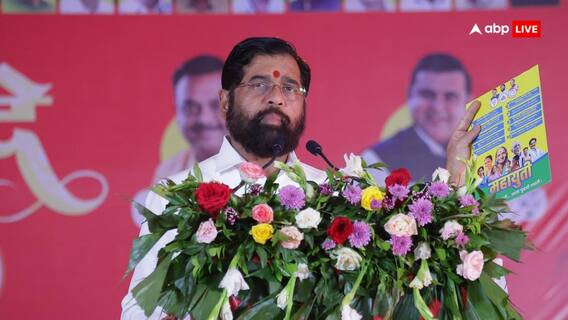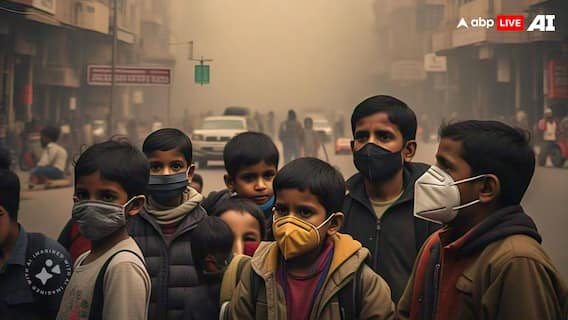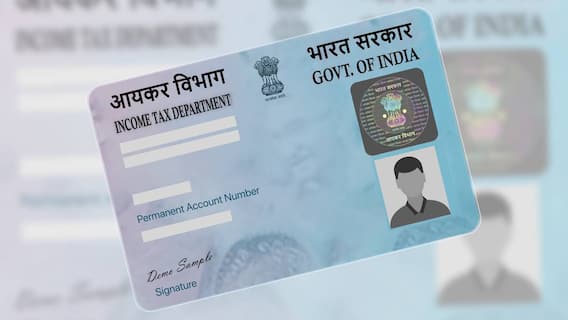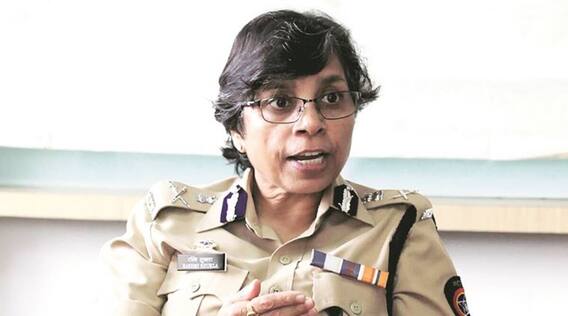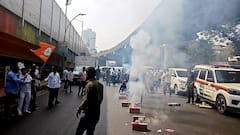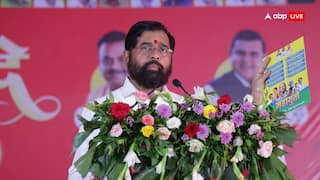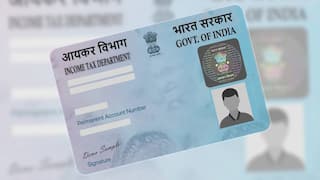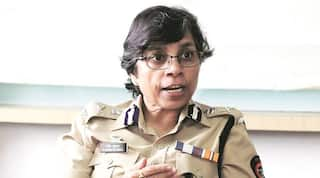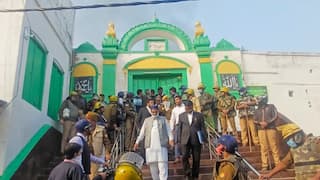Explorer
Advertisement
Pakistan Must Review Kulbhushan Jadhav's Death Sentence, Rules ICJ
The ICJ also directed Pakistan to grant consular access to Jadhav, while holding that it had "breached" the Vienna Convention in this regard by denying him this right.

Kulbhushan Jadhav
THE HAGUE: In a huge victory for India, the International Court of Justice (ICJ) on Wednesday ordered Pakistan not to execute Kulbushan Jadhav and asked it to reconsider the sentence awarded to him by a military court. The ICJ also directed Pakistan to grant consular access to Jadhav, while holding that it had "breached" the Vienna Convention in this regard by denying him this right.
Jadhav has been sentenced to death by a Pakistani military court on charges of "espionage and terrorism" after a closed trial in April 2017. His sentencing evoked a sharp reaction in India.
A bench led by President of the Court Judge Abdulqawi Ahmed Yusuf ordered an "effective review and reconsideration of the conviction and sentence of Mr Kulbhushan Sudhir Jadhav".
The bench also ruled by 15 votes to 1 that Pakistan had violated India's rights to consular visits after Jadhav's arrest.
Pakistan "deprived the Republic of India of the right to communicate with and have access to Mr Kulbhushan Sudhir Jadhav, to visit him in detention and to arrange for his legal representation", the judges said. The world court said it "finds that the appropriate reparation in this case consists in the obligation of the Islamic Republic of Pakistan to provide, by the means of its own choosing, effective review and reconsideration of the conviction and sentence of Mr. Kulbhushan Sudhir Jadhav, so as to ensure that full weight is given to the effect of the violation of the rights set forth" of the Vienna Convention on consular access. Pakistan "breached the obligations incumbent upon it" under the Vienna Convention on Consular Relations, it observed. The court said Pakistan is "under an obligation" to inform Jadhav "without further delay of his rights and to provide Indian consular officers access to him" in accordance with the Vienna Convention on Consular Relations. The bench observed that there was a three-week delay in informing India about Jadhav's arrest on March 3, 2016, leading to a "breach" of Pakistan's obligations under the convention. Noting that India has made a number of requests for the consular access, which was denied by Pakistan, the court said it was "undisputed" fact that Pakistan did not accede to India's appeals. The court said that Pakistan has not explained how any of the wrongful acts allegedly committed by India may have prevented it from fulfilling its obligation. The verdict in the high-profile case comes nearly five months after a 15-member bench of ICJ led by Judge Yusuf had reserved its decision on February 21 after hearing oral submissions by India and Pakistan. The proceedings of the case took two years and two months to complete. India moved the ICJ in May 8, 2017 for the "egregious violation" of the provisions of the Vienna Convention by Pakistan by repeatedly denying New Delhi consular access to Jadhav. A bench of the ICJ, which was set up after World War II to resolve international disputes, on May 18, 2017 had restrained Pakistan from executing Jadhav till adjudication of the case. Pakistan claims that its security forces arrested Jadhav from restive Balochistan province on March 3, 2016 after he reportedly entered from Iran. However, India maintains that Jadhav was kidnapped from Iran where he had business interests after retiring from the Navy. Pakistan had rejected India's plea for consular access to Jadhav at the ICJ, claiming that New Delhi wants the access to get the information gathered by its "spy". However, Pakistan facilitated a meeting of Jadhav with his mother and wife in Islamabad on December 25, 2017. A four-day public hearing in the high-profile case took place in February amidst heightened tensions between India and Pakistan following one of the worst terror attacks in Jammu and Kashmir by Pakistan-based Jaish-e-Mohammed terror group that killed 40 CRPF soldiers on February 14. During the hearing in ICJ, both India and Pakistan submitted their detailed pleas and responses. India based its case on two broad issues -- breach of Vienna Convention on consular access and the process of resolution. Harish Salve, who was representing India in the case, questioned the functioning of Pakistan's notorious military courts and urged the top UN court to annul Jadhav's death sentence, which is based on an "extracted confession". In his submission in the ICJ on the last day of the hearing, Pakistan's counsel Khawar Qureshi said, "India's claim for relief must be dismissed or declared inadmissible."PRESS RELEASE: the #ICJ finds that Pakistan has acted in breach of the obligations incumbent on it under Article 36 of the Vienna Convention on Consular Relations in the Jadhav case (#India v. #Pakistan) https://t.co/wouIE7ZbIL pic.twitter.com/AQCiQlNMDJ
— CIJ_ICJ (@CIJ_ICJ) July 17, 2019
Follow Breaking News on ABP Live for more latest stories and trending topics. Watch breaking news and top headlines online on ABP News LIVE TV
View More
Advertisement
IPL Auction 2025
Advertisement
Advertisement
Top Headlines
Election 2024
Education
Business
Cities
Advertisement
Trending News


Sagarneel SinhaSagarneel Sinha
Opinion





